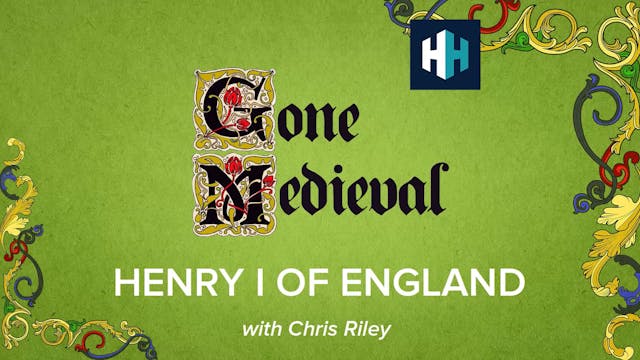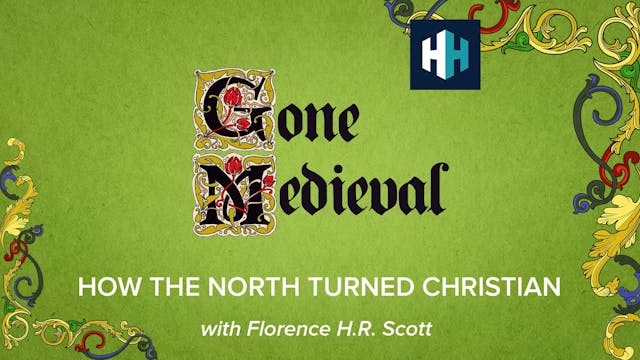We tend to think that it was impossible not to subscribe to Christianity in the Middle Ages. But, as in any age, belief can wax and wane. But the chroniclers of the period largely ignored the voices of ordinary people, whose faith may not have been quite so devout as we have been led to believe.
In this episode of Gone Medieval, Dr. Eleanor Janega talks to Dr. Alec Ryrie, author of Unbelievers: An Emotional History of Doubt, which charts how atheism bloomed as a belief system in its own right.
This episode was edited by Joseph Knight and produced by Rob Weinberg.
Up Next in 🎧 Gone Medieval
-
🎧 Henry I of England
The fourth son of William the Conqueror, King Henry I, is remembered as a harsh but effective ruler. He skilfully manipulated the barons in England and Normandy. He strengthened the existing Anglo-Saxon system of justice, local government and taxation, with more institutions including the royal e...
-
🎧 How The North Turned Christian
Christianity's inroads into the pagan north of England began with the marriage of Æthelburh of Kent to King Edwin of Northumbria. A condition of their marriage was Edwin's conversion to Christianity. But most of the things we know about this period come from the Venerable Bede, which may hide m...
-
🎧 The Sword & Its Cultural Significance
If one object stands out as synonymous with the Medieval period, it's probably the sword.
In this episode of Gone Medieval, Matt Lewis talks to Dr. Robert W. Jones, author of A Cultural History of the Medieval Sword: Power, Piety and Play, in which he takes the sword beyond its functional role ...




1 Comment